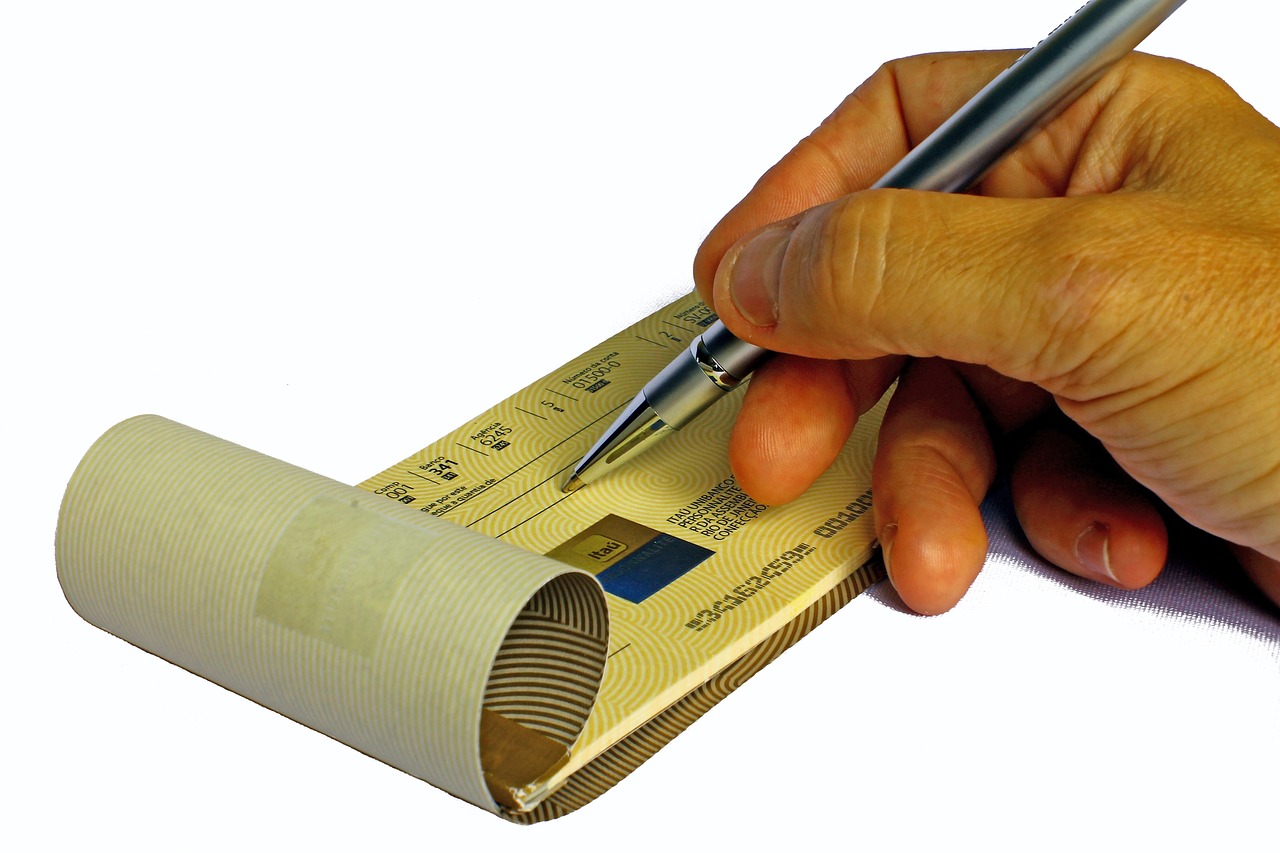Ah, the elusive credit score! The magical number that dictates if you’re worthy of that swanky apartment downtown, that fancy car in the showroom, or even that tiny piece of plastic that lets you buy more tiny pieces of plastic. It’s like your GPA from school, except instead of preventing you from getting into a good college, it prevents you from adulting effectively.
So, What Exactly is a Good Credit Score?
Ever heard of the tale of Goldilocks and the Three Bears? Well, in the world of credit scores, you don’t want a score that’s too cold, or too hot. You want it just right.
Most credit score models range from 300 to 850. Why? Nobody really knows. Maybe the credit elves just pulled these numbers out of a hat. But here’s a rough breakdown:
- 300-579: Ouch! In the credit world, this is equivalent to burning your toast every morning. Financial institutions look at this score and whisper, “Better luck next life.”
- 580-669: You’re in the fair range. It’s like getting a participation trophy – you tried, buddy. Banks might loan you money, but they’re also crossing their fingers behind their back.
- 670-739: Welcome to the good club! You’re that kid in school who occasionally forgets their homework but still gets decent grades.
- 740-799: Very good! Banks might actually start sending you those fancy gold cards. You’re the financial equivalent of a golden retriever – reliable and everyone’s favorite.
- 800-850: Exceptional. Slow clap for you. When you walk by, credit bureaus play ‘Eye of the Tiger’ in the background.
Now, remember, these are general guidelines. The exact criteria can vary based on the agency and the country.
Improving Your Credit Score: A Journey, Not a Sprint
Having a subpar credit score isn’t the end of the world. It just means you’re human, and perhaps that one time in college when you bought that life-size cardboard cutout of a celebrity with your credit card wasn’t the best decision. But don’t worry, there are ways to get back into the credit game.
- Pay Bills on Time: Seems simple enough, right? Just like turning in your school project by the deadline. Every time you do it, gold star for you! Late payments, even by a day, are like spilling coffee on that project.
- Don’t Max Out Your Credit Card: Just because you have a $10,000 limit doesn’t mean you should go on a shopping spree. Using too much of your available credit can scare lenders. It’s like eating 95% of the cake and then offering someone else a slice.
- A Mix is Good: Not just in a music playlist, but in credit. Have a mix of credit cards, retail accounts, and loans. Diversity is the spice of life…and credit scores. Now, I’m not suggesting you rush out and apply for every type of credit imaginable. That would be like adding every condiment in your fridge to a sandwich. Gross.
- Limit the New Credit Accounts: Okay, here’s the scoop. Every time you apply for new credit, an inquiry is reported. It’s like the credit world’s way of gossiping about you. “Hey, did you hear? Alex just applied for a new card!” Too many inquiries in a short time? Not a good look.
- Play the Long Game: The length of your credit history can impact your score. So, if you’ve had that credit card since your teen years when you were obsessed with boy bands or sparkly vampires, keep it open. It shows you’ve been in the game for a long time.
- Check for Errors: No, credit bureaus aren’t infallible gods. They’re more like that barista that sometimes gets your coffee order wrong. Occasionally check your credit report for mistakes. Maybe they think you owe a llama farm money (when you clearly don’t).
- Settle Any Outstanding Debts: Remember that gym membership you forgot about because you only went once? Yeah, it remembers you. Settle any outstanding debts before they go to collections and tarnish your financial rep.
Some “Genius” Myths Debunked
There are tons of misconceptions floating around in the mysterious realm of credit scores. Here’s a list of “Genius” Myths that people often swear by:
- “I should close old accounts to boost my score!” Wrong. Remember the long game we talked about? Closing an account, especially an older one, can actually shorten your credit history. It’s like removing a chapter from your life’s story. Not cool.
- “Checking my score will hurt it!” Nope. Checking your own score is a soft inquiry. It’s like Googling yourself. It might be narcissistic, but it’s harmless.
- “I don’t need a credit card!” Well, technically, you don’t. Just like you technically don’t need Netflix or ice cream. But having a credit card and using it responsibly can help build your credit history.
- “Paying off a negative record means it’s removed from my report!” Wishful thinking, but no. While it’s absolutely beneficial to pay off debt, negative marks like late payments, collections, and other hiccups will linger on your credit report for several years. However, their impact lessens over time.
- “I should always carry a balance on my credit card.” This one’s a classic. People think carrying a balance and paying interest somehow endears them to the credit gods. In reality, you’re just giving away your money. Pay off your balance in full each month, if you can.
- “Debit cards and prepaid cards will help build my credit.” Oops, wrong again! While these cards might look and feel like credit cards, they don’t report your activity to the credit bureaus. They’re like your stealth mode in the credit world – completely invisible.
- “All credit scores are the same!” Not even close. There are many types of credit scores, including but not limited to FICO, VantageScore, and proprietary scores used by individual lenders. It’s like assuming all ice cream is vanilla. Sure, they’re similar, but there’s a world of flavor out there.
- “If I’m late on a payment but catch up, it won’t get reported.” Unfortunately, even if you’ve seen the error of your ways and caught up on a late payment, the late mark itself can still show up on your credit report.
- “Making more money will boost my credit score.” While having a higher income might help you get approved for credit (since lenders believe you can repay them), your salary has zilch to do with your actual score. It’s like thinking buying fancier running shoes will automatically make you an Olympic sprinter.
To Wrap It Up…
Your credit score is like a pet. Nurture it, take care of it, and don’t make impulsive decisions, like buying a tank of piranhas or maxing out a card on impulse buys. Make informed choices, be patient, and watch that number grow.
And remember, the credit score game is a marathon, not a sprint. Unless you’re being chased by a bear. Then definitely sprint.
Credit Score Pro Tips: For the Overachievers
Here are some actionable steps and insights to keep your credit score on the sunny side.
- Stay Informed: Consider subscribing to a credit monitoring service. Some are free, some come at a cost, but knowing is half the battle. You’ll get alerts if there are significant changes to your score or suspicious activity.
- Utilization Ratio Matters: Try to keep your credit card balance below 30% of your limit. Even if you pay off your card in full every month, having a high balance at any given time can affect your credit utilization ratio.
- Multiple Cards, Smart Use: Instead of maxing out one credit card, if you have multiple cards, spread the purchases out. This can keep the utilization rate on each card lower.
- Negotiate: If you’ve been a good customer, a lender might agree to simply erase that one late payment from your credit history. It doesn’t hurt to ask, and you’d be surprised how often it works!
- Become an Authorized User: If someone you trust has stellar credit, consider asking them to add you as an authorized user on their account. You can benefit from their good credit habits. But remember, their missteps, like late payments, will affect you too. So choose wisely.
- Limit Loan Shopping Timeframe: When shopping for a loan, do it in a short time frame. Credit bureaus tend to count all inquiries for the same type of loan within a specific period as a single inquiry. It’s their way of saying, “We get it, you’re just shopping around.”
- Check for Special Circumstances: Some people, like recent graduates or immigrants, might not have a long credit history. Specialized scoring models might be used for these groups. If you fall into these categories, it’s worth doing some extra research.
- Stay Patient and Consistent: Credit-building is a slow dance, not a rave. It takes time, consistency, and patience. But with every smart financial move, you’re laying the foundation for a stronger financial future.
In the grand tapestry of life, your credit score is just one thread. It’s important, yes, but it’s also dynamic. Mistakes can be mended, and good habits pay off. Stay informed, stay proactive, and remember: credit scores were made for humans, not the other way around. Keep living, learning, and laughing at life’s little ironies.
Frequently Asked Questions (FAQ) about Credit Scores: The Mysteries Unveiled
A credit score is a numerical representation of your creditworthiness. Think of it as your financial report card, summarizing how well you handle debt and financial obligations.
Credit scores are calculated by credit bureaus (like Equifax, Experian, and TransUnion) using data from your credit reports. These reports contain your credit history, including loans, payment habits, and outstanding debts.
Your credit score is dynamic and can change whenever new information is added to your credit report. This could be monthly, weekly, or even daily in some cases.
Several factors can cause a drop: increased credit utilization, a new hard inquiry, or even something as innocuous as closing an old account. Remember, it’s a complex formula, and sometimes, the math just doesn’t work in your favor.
Most negative information (like late payments or collection accounts) sticks around for about seven years. Bankruptcies can linger for 7 to 10 years, depending on the type.
Yes! Checking your own credit score is a soft inquiry and won’t affect your score. It’s the hard inquiries, like when a lender checks your score for a loan application, that can cause a small, temporary drop.
A credit report is like a detailed financial biography, listing out accounts, payment histories, and more. A credit score, on the other hand, is like the TL;DR version of that report, distilled into a single number.
Nope! You have multiple scores. Different bureaus might have slightly different scores for you, and there are different models (like FICO and VantageScore) which can produce varied numbers.
In many countries, you’re entitled to a free copy of your credit report from each of the major bureaus once a year. Websites like AnnualCreditReport.com in the U.S. are a good starting point.
Not necessarily. But it’s not about the number of cards; it’s about how you use them. Having multiple cards can benefit your credit utilization ratio, but only if you’re managing them responsibly and not accumulating too much debt.



